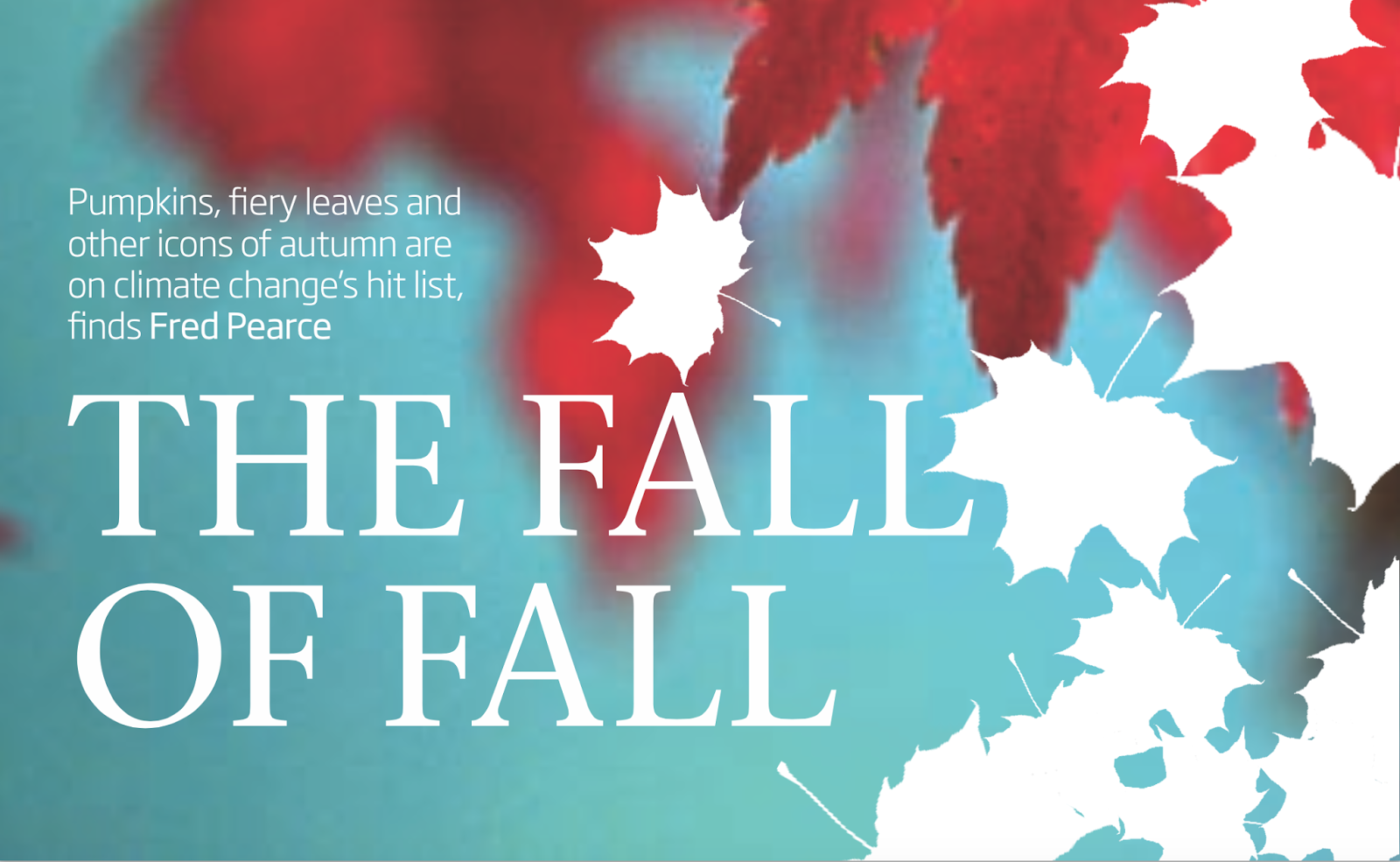Earlier this month, I attended the World Biodiversity Conference in Mokra National Park in western Serbia. This is a beautiful area of rugged hills covered with pine forests and a few villages and fields in the valleys.
The park is unusual in that much of the infrastructure was
created in an exaggerated 1970s Serbian style as a set for a movie, and then
was converted into a hotel, conference center, and restaurants.
The centerpiece of the park, which attracts large numbers of
tourists, is a narrow gauge railroad and a series of train stations built just
for the movie.
At the end of the conference, some of us went on a field
trip that included a train ride. Due to
visa problems, many people were not able to attend the conference, and about
half of the participants were from India.
After the conference I visit my colleagues in Novi Sad in
northern Serbia. The highlight of the trip was a visit with grad student Tijana
Radisic to a village park where about 80 long-eared owls nest during the day;
at night they hunt in the surrounding fields.









